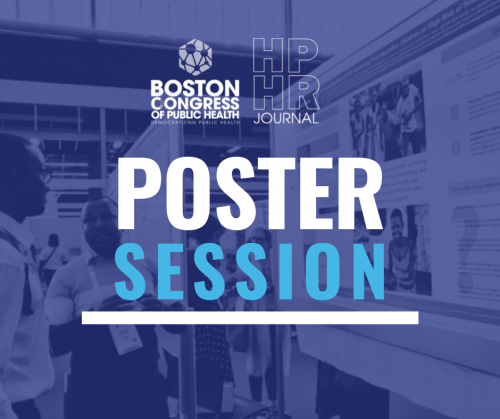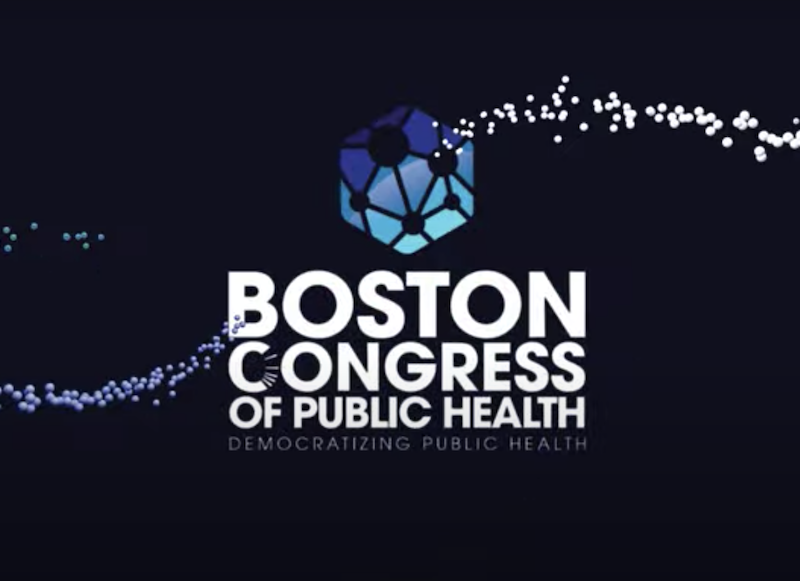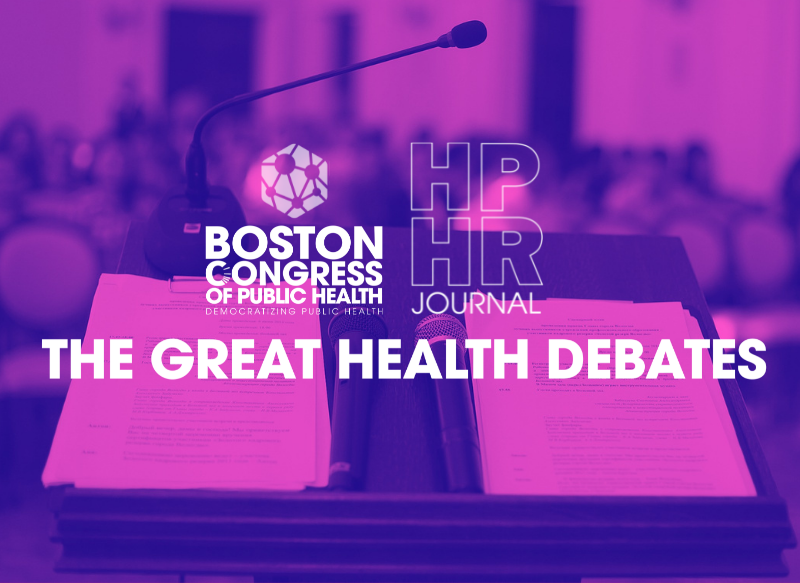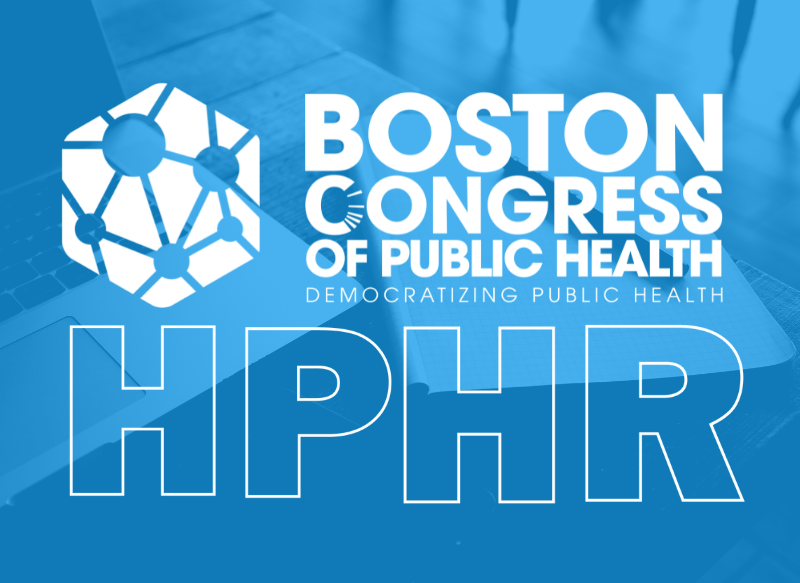



The Boston Congress of Public Health held its Inaugural Research Poster Session, held virtually this past May 7, 2022. Researchers, clinicians, academic professionals, medical students, public health advocates and others from around the world findings from their cutting-edge health research. All of the presentations will be published this June on HPHR.org.
In addition, the following presentations received additional commendation as Best Overall based on their poster’s appearance, style of presentation, explicit discussion of health equity and social justice implications for public health:
We will hold additional Virtual Poster Presentations, starting in Fall 2022. Learn more at BCPH.org.
Poster sessions will be held every other month starting in May 2022. Accepted posters will be published on HPHR.org and granted a DOI. First two sessions will be held:
Registration Fees
BCPH Members – Presenter and Attendees: Free
Non-BCPH Members – Presenters: $25.00
Non-BCPH Members – Attendees (Not Presenting): $10.00
Sign up to be a poster presenter or attendee below:
If selected, you will receive an email with detailed information on your next steps. Registrants will be sent a payment link.
We strongly encourage poster presenters to use a template rather than submit anything “freestyle.” Below are links to traditional and “new style” scientific poster templates:
As indicated in the poster templates, the general poster format is comprised of the following sections:
Coming soon





